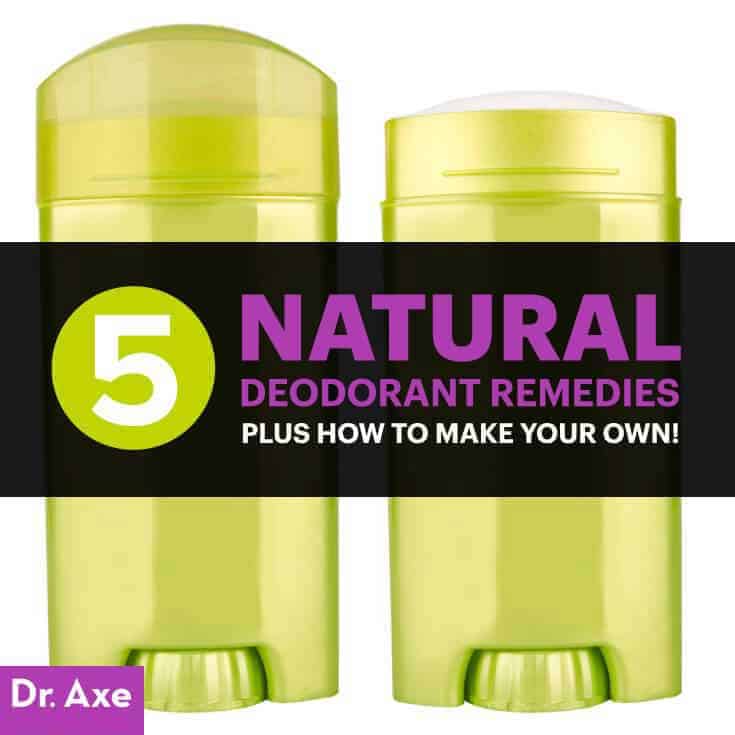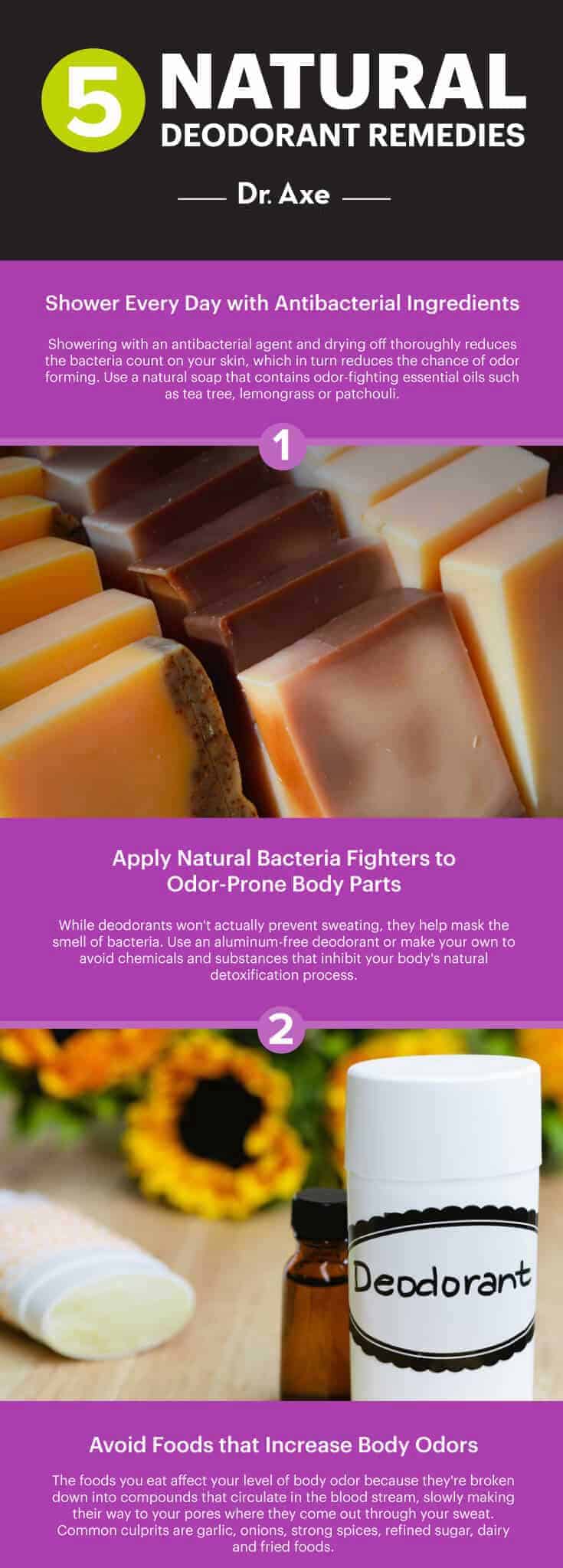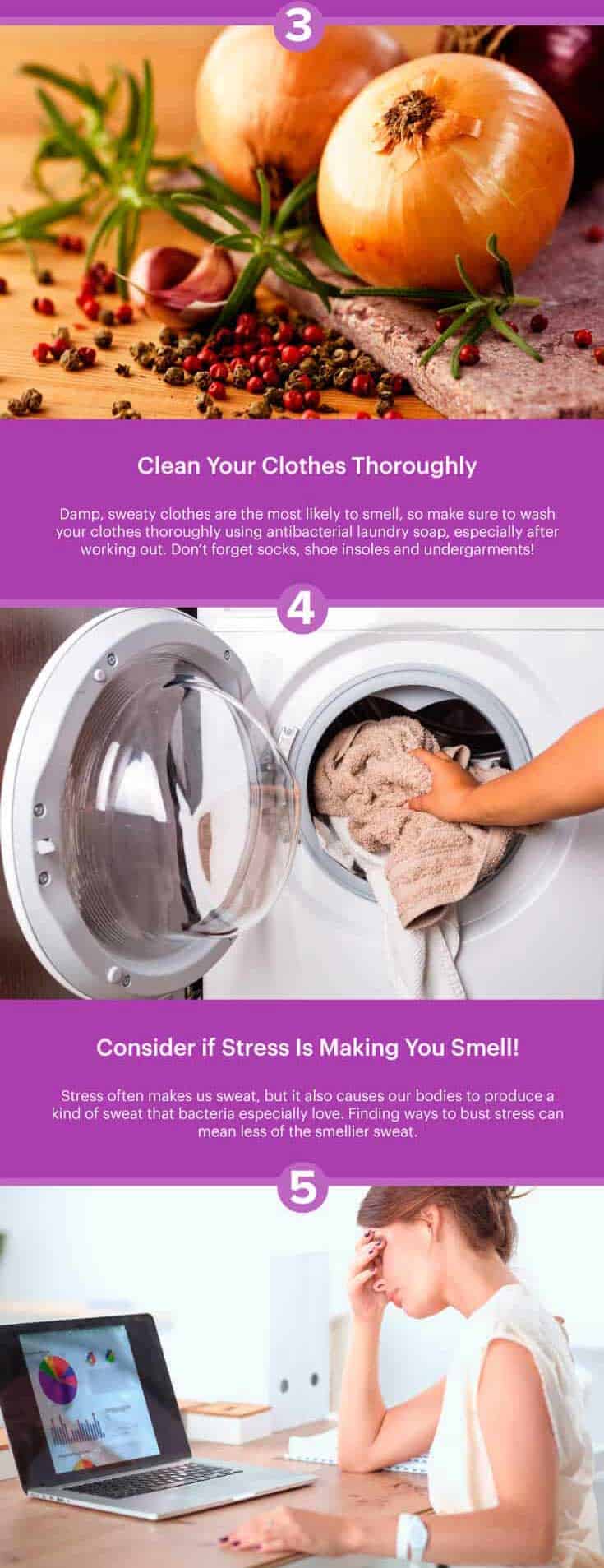This Dr. Axe content is medically reviewed or fact checked to ensure factually accurate information.
With strict editorial sourcing guidelines, we only link to academic research institutions, reputable media sites and, when research is available, medically peer-reviewed studies. Note that the numbers in parentheses (1, 2, etc.) are clickable links to these studies.
The information in our articles is NOT intended to replace a one-on-one relationship with a qualified health care professional and is not intended as medical advice.
This article is based on scientific evidence, written by experts and fact checked by our trained editorial staff. Note that the numbers in parentheses (1, 2, etc.) are clickable links to medically peer-reviewed studies.
Our team includes licensed nutritionists and dietitians, certified health education specialists, as well as certified strength and conditioning specialists, personal trainers and corrective exercise specialists. Our team aims to be not only thorough with its research, but also objective and unbiased.
The information in our articles is NOT intended to replace a one-on-one relationship with a qualified health care professional and is not intended as medical advice.
5 Natural Deodorant Remedies, Plus How to Make Your Own!
February 15, 2018

Not surprisingly, showering every day is the first step to reducing body odor, since this scrubs away bacteria that live on your skin and give off an unpleasant smell. But maybe you already scrub yourself clean once or twice daily and still find you smell more than you’d like to.
Body odor is caused by bacteria. Even though sweat itself is normally pretty odorless when your skin is clean, when the bacteria that live on your skin mix with sweat, they multiply and begin to leave a smell. This is why sweaty clothes filled with bacteria usually smell a lot more if left uncleaned for several days!
Sweat and body odor can be caused by several different factors, but using a natural deodorant can help lower the smell that bacteria and sweat give off, despite how they got there in the first place.
What Causes Bad Body Odor?
There are actually a few different types of body-odor-causing bacteria that are produced, depending on the reason you’re sweating. In humans, body odors originate from a complex interaction between skin gland (eccrine, sebaceous, apocrine) secretions and bacterial activity.
For example, when you work out or walk around in hot temperatures and start producing sweat, your body secretes a mixture of mostly water and electrolytes. On the other hand, if you’re sweating for emotional or hormonal reasons — for example because you’re nervous, stressed or embarrassed — you’re going to produce a denser sweat that actually smells worse!
Research shows there are two main types of sweat glands located in your skin: eccrine glands and apocrine glands. (1) Eccrine glands are the kind found in most areas of your exposed skin, while apocrine glands develop in areas with the most hair follicles, such as your armpits, groin and back of your neck. When your body temperature rises, eccrine glands secrete watery sweat that eventually cools as it evaporates from your skin. Apocrine glands produce a milkier, smellier sweat that is mostly due to emotional stress.
The sweatiest areas of your body are usually the smelliest, including your armpits, back, chest, feet and between your legs. That’s because these areas tend to have more sweat-producing follicles and are also dark, warm, moist environments that nurture bacteria. One of the strongest-smelling types of bacteria that thrive in these areas is called Micrococcus sedentarius, which produces stinky acids and sulfur compounds that add to odor.
Genetics and your age also come into play when it comes to body odor and sweating. (2) About 10 to 15 percent of people have extra-sweaty feet, for example. (3) If you’re someone who sweats more than average, you might deal with more body odor than usual because you’re producing more of the bacteria-sweat combination than someone who is less prone to sweating. Human body odors also change throughout the life cycle, since two chemically related compounds (nonenal and nonanal) found on the skin vary with age, as does someone’s ability to detox toxins through their pores. (4)
Luckily, there’s plenty you can do to end the embarrassment and reduce the amount of body odor you’re giving off, all without needing to wear toxic deodorants (remember, “natural” doesn’t always mean nontoxic), use harsh products or see a doctor about getting a prescription.
5 Natural Deodorant Remedies
1. Shower Every Day with Antibacterial Ingredients
Showering with an antibacterial agent reduces the bacteria count on your skin, which in turn reduces the chance of odor forming. Use a natural antibacterial bath soap or, better yet, avoid antibacterial overkill and try making your own that you know will be free of harsh chemicals. Add essential oils, which are natural bacteria-fighters, to your homemade soap; tea tree oil, lemongrass oiland patchouli oil, for example, all smell great, are safe for use on your skin and will lower the count of odor-causing bacteria that are able to thrive.
After showering, towel off and try to leave your skin as dry as possible, since bacteria reproduce more quickly on damp skin. Make sure to especially towel off areas where you sweat a lot, like under your arms and between your legs. You want your skin to be as dry as possible before applying deodorant, because bacteria have a harder time thriving on dry skin.
2. Apply Natural Bacteria Fighters to Odor-Prone Body Parts
Once you’ve showered and thoroughly dried your skin, use a natural deodorant on your underarms. While deodorants don’t actually prevent sweating, they do help mask the smell of bacteria.
Antiperspirants, on the other hand, contain chemicals and can clog your pores, so you’re better off targeting the smelly bacteria and making sure to bathe daily instead. Sweating itself is actually beneficial, and research shows it helps convey important information between people subconsciously through chemical processes; in fact, certain odors might even indicate poor immunity and disease. (5) Also, think of it this way: sweat is one of your body’s natural means of detoxification, so blocking sweat can block your ability to detoxify.
How do you know if your deodorant is toxic? Many commercial deodorants contain toxic aluminum that unnaturally reduces sweating — some research has linked aluminum to damaged DNA, abnormal cell function and changes in gene expressions. While the debate is still out, using an aluminum-free deodorant (not antiperspirant) is a safer bet. Making a natural deodorant will also help you avoid chemical fragrances, irritants and other products that your skin can directly absorb. Apply the natural deodorant recipe found below twice a day for best results.
The recipe below uses baking soda, coconut oil and essential oils that have natural antibacterial properties. Apple cider vinegar also makes a great natural deodorant since it absorbs and neutralizes stinky bacteria. You can rub a bit of ACV into your underarms or other body parts, and don’t worry — the vinegar smell will evaporate quickly.
3. Avoid Foods that Increase Body Odors
The foods you eat affect your level of body odor because they’re broken down into compounds that circulate in the bloodstream, slowly making their way to your pores where they come out through your sweat, breath or urine. Although processed foods like refined sugar, commercial dairy and fried foods can often contribute to body odors, in some cases so can otherwise healthy foods that aren’t properly digested.
Healthy, natural foods that can contribute to stinkiness include the usual culprits like garlic, onions, beans, curry and strong spices, but also lesser known sulfur-suppliers like broccoli, Brussels sprouts or cabbage. Even meat, eggs or fish can be a problem if you aren’t capable of fully digesting them and are sensitive to their metabolic effects. Additionally, some spicy foods, including hot peppers or spices, might increase sweating for some people and therefore odors, as can caffeine overdoses or alcohol.
If you notice that these foods also make you gassy, bloated and uncomfortable on top of causing a noticeable smell, then you might want to experiment with cutting back on them to help improve digestion and body odor.
4. Clean Your Clothes Thoroughly
Damp, sweaty clothes are the most likely to smell, so make sure to wash your clothes thoroughly using antibacterial laundry soap (try this Homemade Laundry Soap). This is especially important when you’ve been sweating heavily and wearing fabrics that absorb more bacteria and sweat, such as during workouts.
Also, make sure to frequently wash socks, shoe insoles, bras, undergarments and other pieces of clothing that people might skip out on washing often. Dirty shoes or socks are one of the most likely causes of body odor because there are more than a quarter of a million sweat glands in your two feet. That’s more than your underarms or any other area!
5. Consider if Stress Is Making You Smell!
Stress often makes us sweat, but the reason it can leave us stinky goes even further; it also causes our sweat glands, called apocrine glands, to produce a type of sweat that is higher in protein and fat molecules and lower in water than other types of sweat. Bacteria thrive on this type of sweat, which means after a stressful day, you unfortunately smell!
Find a few ways to bust stress that work for you. Ironically, sweating it out with a good workout raises endorphin levels, which can help you handle daily stressors and decrease the smellier sweat.
Related: Crystal Deodorant: A Natural Option for Reducing Body Odor


Homemade Natural Deodorant Recipe
You only need three ingredients to make this effective, healthy and money-saving deodorant! Coconut oil has many skin benefits, too, which is an added bonus if you use this recipe on your feet, chest and back.

Total Time: 5 minutes (Yields: 30–90 applications)
INGREDIENTS:
- 1/2 cup coconut oil
- 1/2 cup baking soda
- 20 drops essential oil of your choice (Scent recommendations for females: sage, ylang ylang, jasmine, lemon; for males: cypress, rosemary oil)
- Empty deodorant containers
DIRECTIONS:
1. Put coconut oil in bowl. Mix in baking soda, then add essential oils. Mix well.
2. Store in a deodorant container or a glass jar. Keep in a cool place (coconut oil will melt).
3. To apply, dab with fingers and rub or roll onto underarms. Wait a couple of minutes before contact with fabric.
4. For best results, use twice daily.
As an alternative, also try this Homemade Probiotic Deodorant Recipe.

